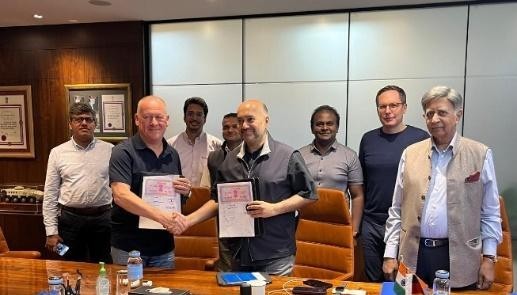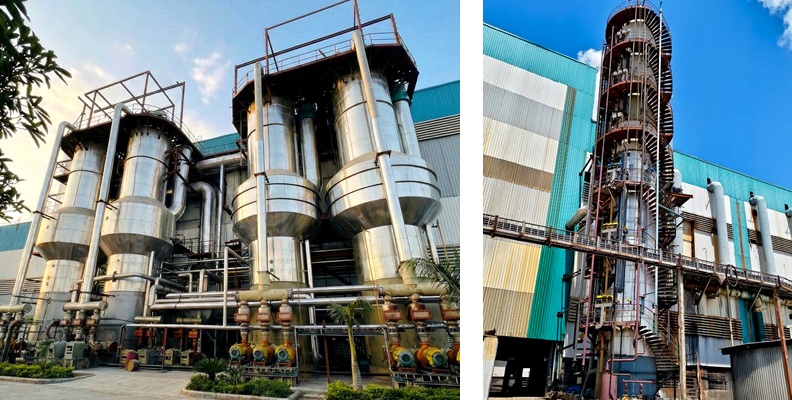Schedule a Call Back
Ramkrishna Forgings is one stop destination for all CV OEMs
 Interviews
Interviews- Apr 29,22

Established in 1981, Ramkrishna Forgings Ltd is a manufacturer of supplier of open and closed die forgings of carbon and alloy steel, micro alloy steel and stainless-steel forgings. The company supplies its products to various sectors like automotive, railways, farm equipment, bearings, oil & gas, power and construction, earth moving & mining, both in India & overseas markets. In this interview, Mahabir Prasad Jalan, Chairman, and Naresh Jalan, Managing Director, of Ramkrishna Forgings Ltd, discuss the trends in forging industry and the company's future plans.
What is the present size of the forging industry in India?
The Indian forging industry is well known for its technical capabilities across the globe and across the user industries. With an installed capacity of roughly 4.7 million metric tonnes (FY20-21), it generates revenue close to Rs 36,000 crore annually - with exports accounting for roughly 30% of this and the rest coming from domestic industries. Forging industry, which is one of the biggest employment generators in the MSME sector, is a highly capital intensive and thus fragmented industry.
While only 8% of the forging units are classified as large (>30,000 MT annual capacity), only about 9% come under the medium category (12,500-30,000 MT annual capacity). Bulk of all forging units in India fall under the small category (< 12,500 MT annual capacity). The forging industry in India is clustered around end customer locations. Most of the units are clustered in the North and West part of India.
What are the various types of forgings manufactured by Ramakrishna Forgings and the user industries?
Ramkrishna Forgings manufactures all sorts of hot & warm forgings. It employs distinctive technologies for forging of components for different applications. It has an array of hammers and upsetters, ring rolling, press forging lines from 2000 T to 12500 T, extrusion presses and also warm forging presses. The products manufactured at Ramkrishna Forgings find application in diverse industries and sectors - automotive, farm equipment, earth moving, mining & construction, defence, railways, oil & gas, general engineering and power besides others. Ramkrishna Forgings Limited is today a well-established brand globally since it is able to cater to varied customer requirements all of which have been made possible by careful selection of processing technologies and having the right skills in house to deliver on its promises.
Forging is considered an environmentally sensitive process. What is the process of forgings followed?
RKFL has always focused in yield improvement and reducing national waste thereby being an environmentally conscious organization. RKFL has continually introduced best in class technology which helps in these initiatives of reducing waste through the adoption of processes like ring rolling, extrusion, wedge presses etc. Oil fried furnaces have been done away with and have been replaced by induction heaters at all our plants, thereby reducing emissions. Further, RKFL is a zero water discharge organisation and no effluent water is discharged, instead recycled and used in house.
What are the manufacturing capabilities in terms of sizes and sophistication?
Ramkrishna Forgings is the second biggest integrated forging facility in India. It has an annual installed capacity of about 220,000 MT across its various plants. Having a wide range of forging process allows us to manufacture diverse range of parts ranging from 0.5 kg to about 200 kg. The varied technology - hammers, upsetters, ring rolling, press lines, extrusion lines & warm forging help RKFL to manufacture components for diverse applications in the end use industries. All safety critical components for commercial vehicles are manufactured at Ramkrishna Forgings.
Whether it is transmission parts like gears and shafts, rear axle parts like rear axle shafts, crown wheels, pinions, differential gears & pinions, critical engine components like camshafts and crankshafts and also the safety critical parts like front axle beams & knuckles are all manufactured here at RKFL - it is thus a one stop destination for all the CV OEMs not just in India but globally.
Are you exporting these products in volume? What percentage of total?
Our export clientele has been one of the major value drivers for us in the past few years. From a mere 10% of contribution in 2007, we are now exporting roughly 50% of our total production. North American market contributes about 40% of our total exports whereas Europe, South America & CIS contribute roughly 35%, 15% & 10% respectively. To manage our overseas businesses more effectively and efficiently, we have our direct presence through our offices in Detroit (USA), Toluca (Mexico), Milan (Italy), Istanbul (Turkey), Moscow (Russia) and Sao Paulo (Brazil).
We also operate distribution centers at various locations near to our customers in order to ensure JIT supplies. In US, we operate two such centers - one each in Hagerstown & Shelbyville. We have three of these in Mexico (Toluca, Monterrey & Puebla) and one in Belgium for our European customers. Over the years, we have played a big part in establishing India as an engineering hub for the automotive sector through adherence to internationally accepted quality systems, judicious planning and engineering excellence.
Is India totally self-reliant in this field? Or do we import some?
India is now totally self-reliant. Engineering capabilities and skills within India have been recognised world over in the last few years. Indian manufacturers are now capable to meet the stringent quality requirements of the industry through technology up gradations. Hence the need to import by the OEMs no longer is prevalent.
The company had major expansion planned during the last two years. Have the targets been met?
The company had planned significant investments in the last couple of years - Warm Forging Press line, Fabrication unit and capacity enhancements. It is indeed a pleasure that despite the disruption on account of COVID, RKFL has been able to accelerate the installation of the new facilities and the capex which was planned is now in production phase and order books have been built up already.
Could you please shed more light on forging industry in India?
As mentioned before, forging industry in India is highly fragmented and thus fiercely competitive. With smaller forging units mushrooming near customer locations, cost pressures have been driving down the profitability in the industry over the years. Therein however lies an opportunity to innovate and add value. In India we are finding that there is a renewed push from the bigger players in the industry and also the OEMs to work with new methods of processing and also explore newer raw materials.
We can already see lot of VAVE ideas now coming into the mainstream production after cycles of iterations. Efforts in the direction of light weighting have also started now which will come with full force in the very near future. The idea across has been to provide world class products to the Indian consumer within the specific cost parameters. The forging industry in India now needs a collective effort and investments into R&D for this to succeed and further India’s position as a global engineering excellence centre.
How optimistic are you about India’s prospects of being a major global industrial manufacturer?
I am extremely optimistic about the future of India as a major global industrial manufacturer. We are all aware of the entrepreneurial nature of Indians which has led to phenomenal growth in industrialisation in the post-Independence era. The desired skills to grow as an industrial society are aplenty today. We have excellent institutions preparing the youth of today to take over the mantle in the future.
To top it all, the Government of India has also over the course of a decade realised the importance of manufacturing as a growth driver. Several steps are being taken to create a business environment conducive to the manufacturing industry at large. Programs like Make in India and PLI (Production Linked Incentive) and policies like Scrappage Policy have all been in the direction of creating more employment opportunities. That the government is focusing heavily on the upgradation of the infrastructure is evident from the huge outlays allocated in the budget for this. All these are bound to create a cascading push towards India establishing itself as a major industrial manufacturer. The ingredients for success are now there.
Related Stories
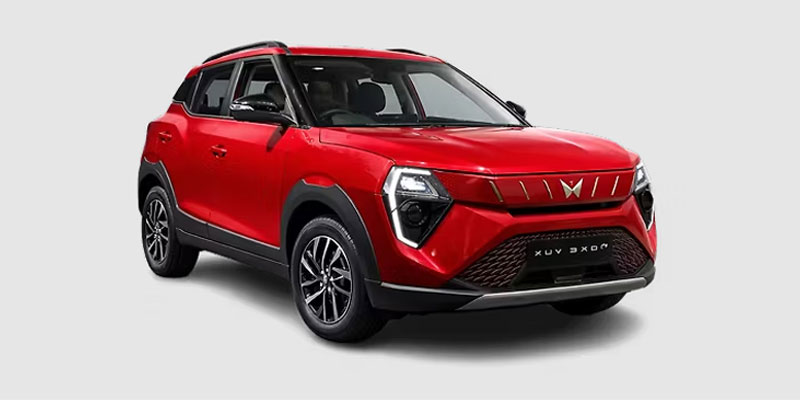
Mahindra Launches XUV 3XO EV With New Electric Powertrain
Electric SUV debuts with 39.4 kWh battery from Rs 1.39 million
Read more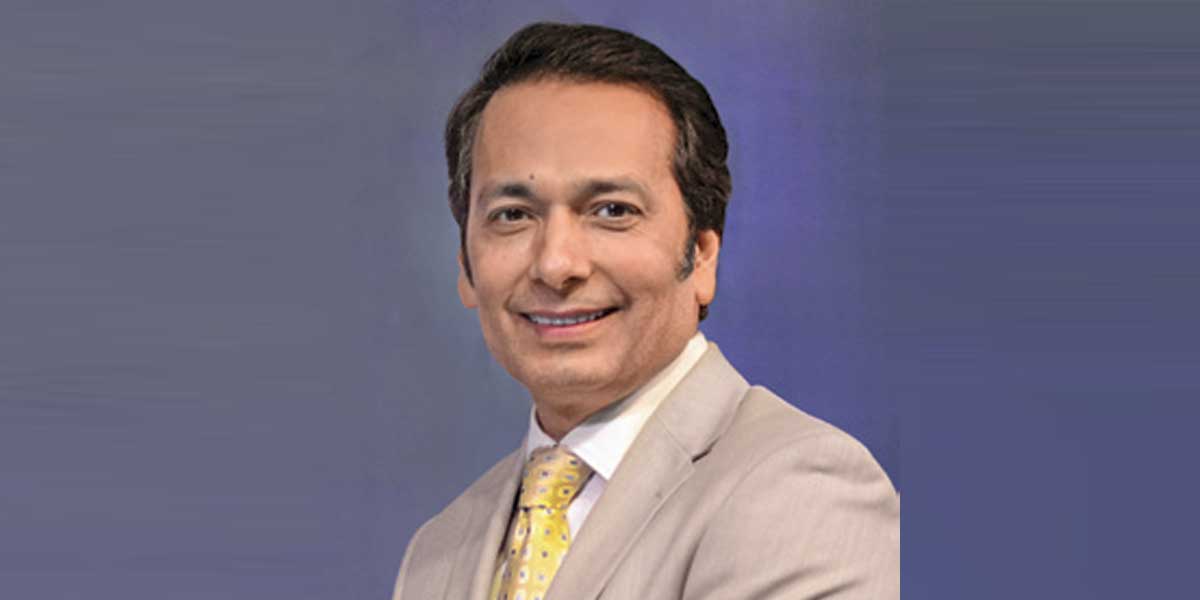
Rewarding Manufacturing Resilience
Effective January 1, 2026, Mexico imposed import duties ranging from 5 per cent to 50 per cent on a broad set of goods from non-free trade agreement (FTA) countries, including India, China, South Ko..
Read more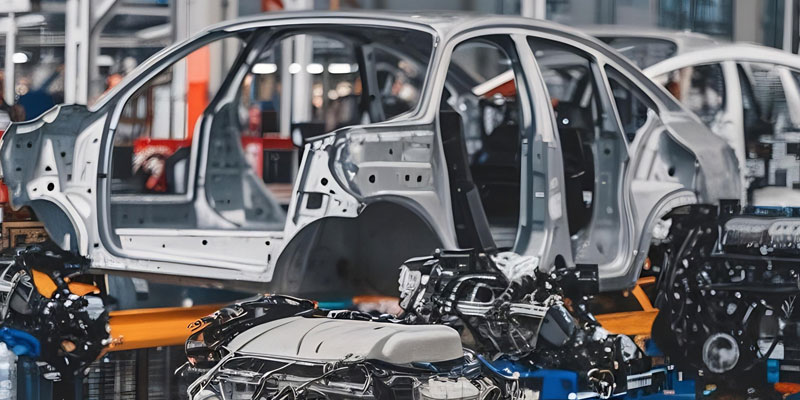
EV transition and tariff wars redefine India’s auto components play
India’s auto component industry is poised to hit $ 145 billion by FY30 from $ 80 billion in FY25. Yet high US tariff, EV transition and heavy reliance on imports from China expose vulnerabilities,..
Read moreRelated Products
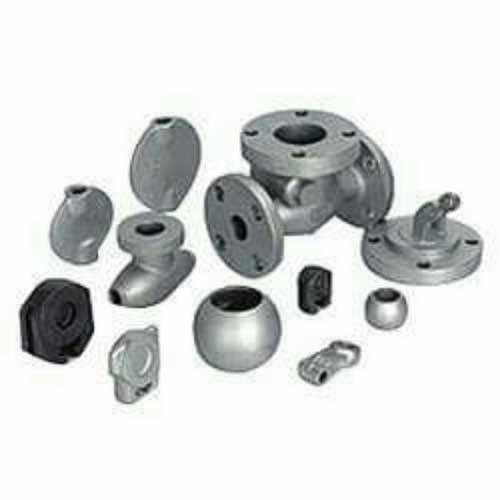
Auto Casting Components
Micro Melt offers a wide range of auto
parts casting components.
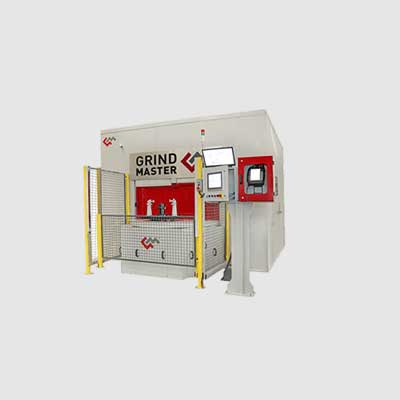
Robofinish Iron Casting Fettlingrcf
Grind Master Machines Pvt Ltd offers a wide range of robofinish iron casting fettling CF-HD series.
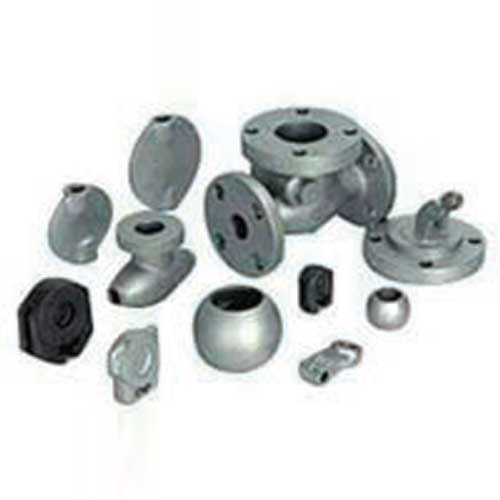
Casting Components
Micro Melt offers a wide range of auto parts casting components. Read more





